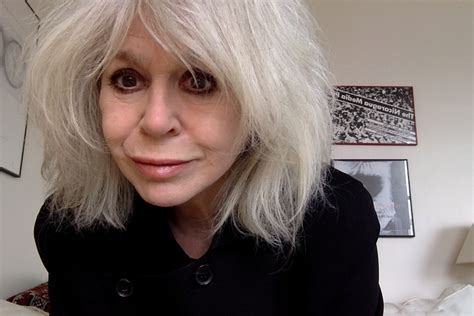A Quote by Octavio Paz
The modern tradition is the tradition of revolt. The French Revolution is still our model today: history is violent change, and this change goes by the name of progress. I do not know whether these notions really apply to art.
Related Quotes
I don’t know much about history, and I wouldn’t give a nickel for all the history in the world. It means nothing to me. History is more or less bunk. It's tradition. We don't want tradition. We want to live in the present and the only history that is worth a tinker's damn is the history we make today.
Art photography, although long since legitimized by all the conventional discourses of fine art, seems destined perpetually to recapitulate all the rituals of the arriviste. Inasmuch as one of those rituals consists of the establishment of suitable ancestry, a search for distinguished bloodlines, it inevitably happens that photographic history and criticism are more concern with notions of tradition and continuity than with those of rupture and change.
God is not good, or wise, or intelligent anyway that we know. So, people like Maimonides in the Jewish tradition, Eboncina in the Muslim tradition, Thomas Aquinas in the Christian tradition, insisted that we couldn't even say that God existed because our concept of existence is far too limited and they would have been horrified by the ease with which we talk about God today.
When tradition is thought to state the way things really are, it becomes the director and judge of our lives; we are, in effect, imprisoned by it. On the other hand, tradition can be understood as a pointer to that which is beyond tradition: the sacred. Then it functions not as a prison but as a lens.






































